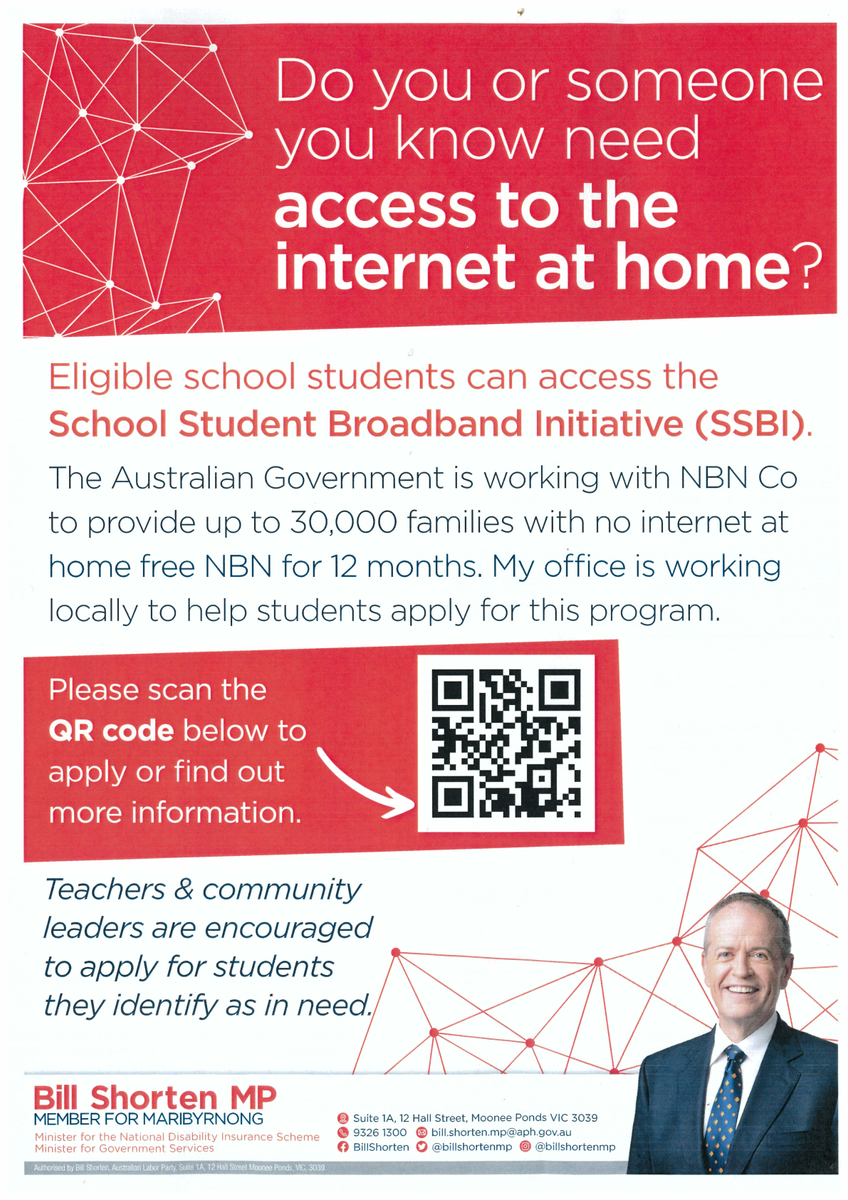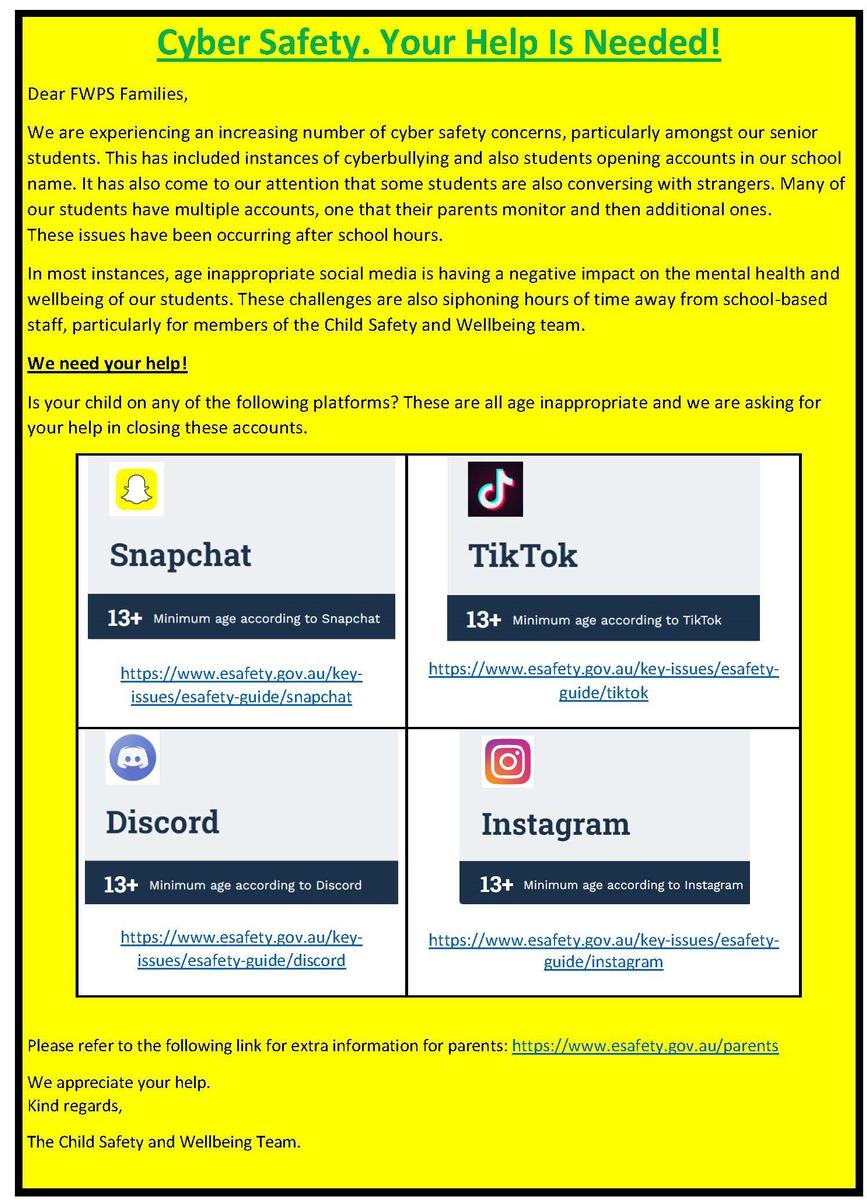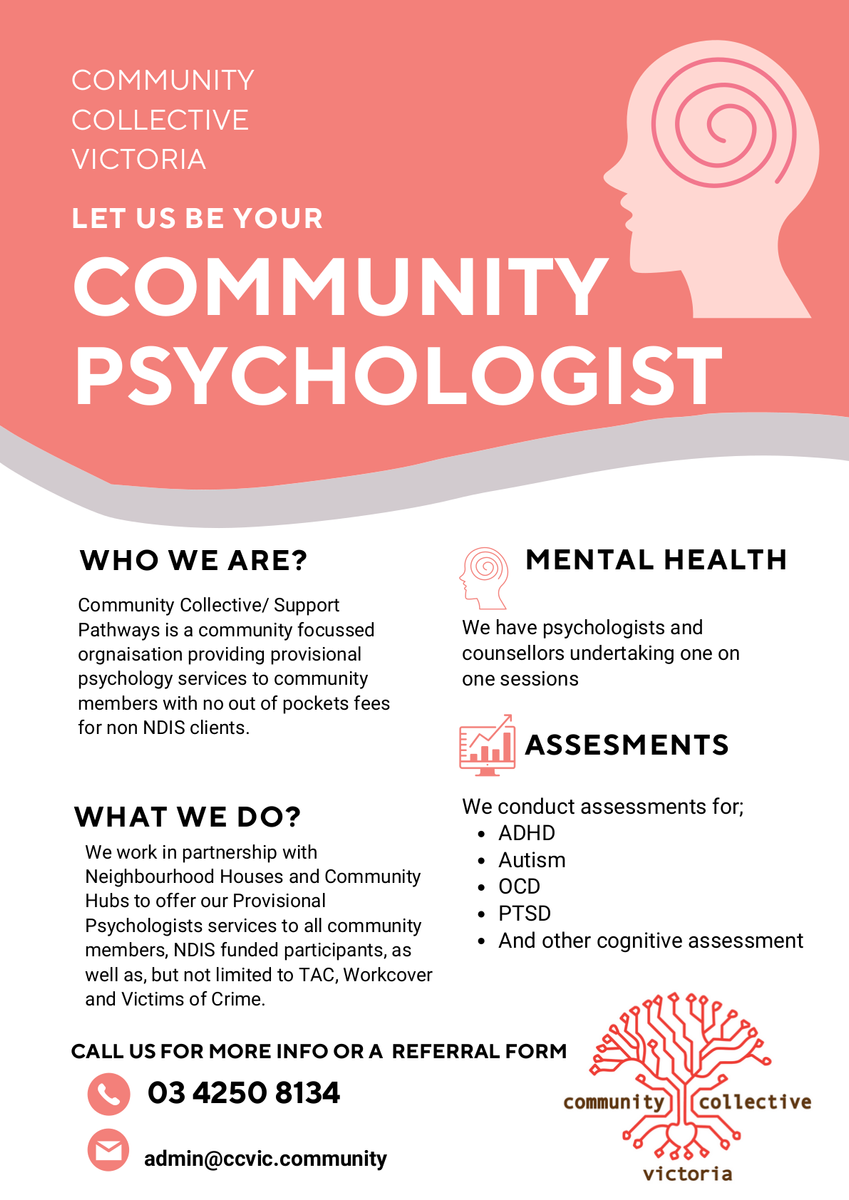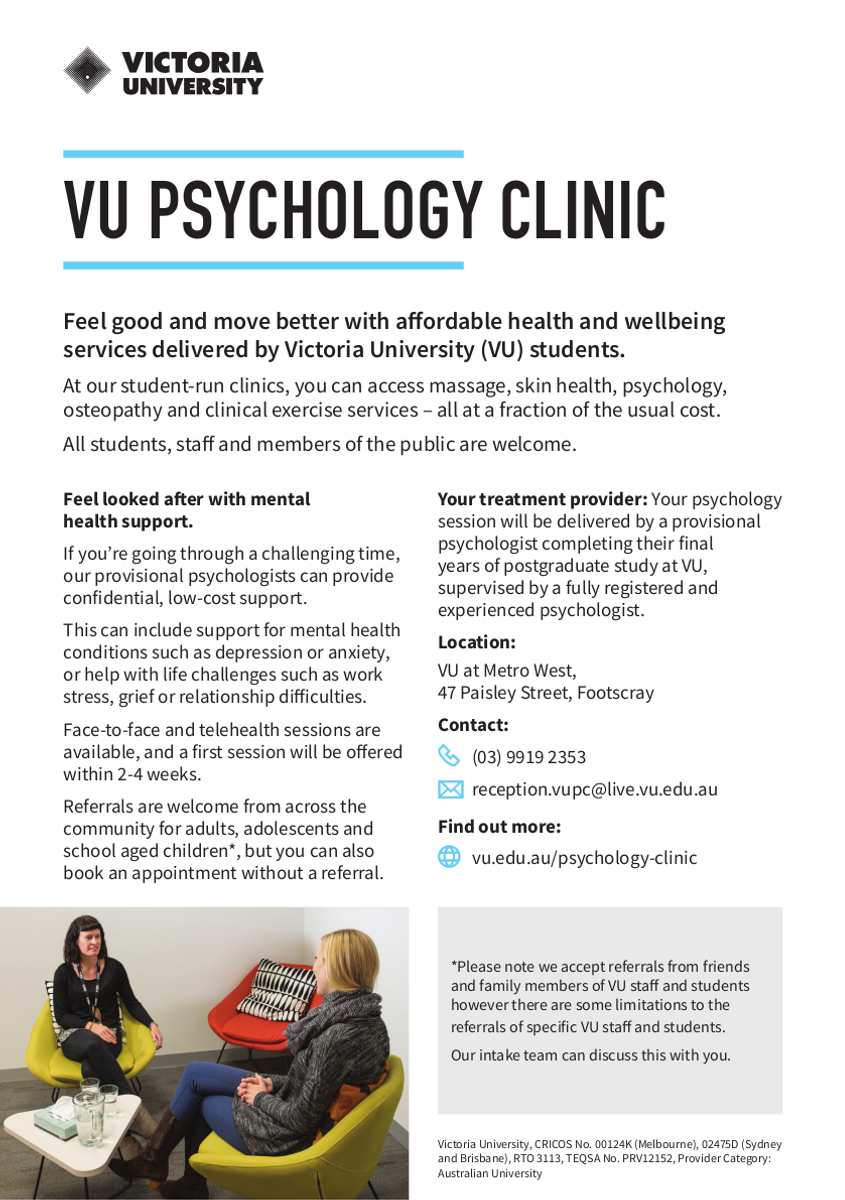Wellbeing & Inclusion News
For further information about any of the items below, please contact a member of the FWPS Wellbeing Team via the school email or phone numb

Wellbeing & Inclusion News
For further information about any of the items below, please contact a member of the FWPS Wellbeing Team via the school email or phone numb
As your child prepares for the upcoming transition to secondary school, the below program might be useful for families.




Dear Footscray West PS families,
The Smile Squad team from Cohealth are coming to our school soon. Smile Squad is the Victorian Government free school dental program. This means all students can get a free dental check-up, preventive services, and treatment at school.
How to access free dental care
We need your consent before we can provide services. Consent is usually provided by a parent or guardian. Sign up to Smile Squad at: https://bit.ly/smilesquadvic OR use the below QR code:


Please complete and submit the consent form by 01/09/2023.
|
|---|
Paper copies of the consent form are available. Please contact the school office if you would like to request one.
Smile Squad dental packs
All children deserve a healthy smile, and the Smile Squad free school dental program is working hard to help make sure this happens. Your child(ren) will soon receive a free dental pack to bring home. The dental pack contains a toothbrush, full sized toothpaste, and an oral health brochure. Please take the time to read the brochure. It’s full of helpful hints and tips to help your whole family eat well, drink well and clean well – for life.
Smile Squad provides standard strength fluoride toothpaste that is generally used by ages six and over, unless recommended by a dental or trained health professional.
If your child is under six, please talk to a dental or trained health professional to find out if your child might benefit from using this toothpaste. You can also choose to put the toothpaste away until they turn six or give it to someone else in your family to use.
Do I need to attend my child’s appointment?
No, you do not need to attend your child’s appointment. You can attend if you would like to, and you can take your child to the community dental clinic if you prefer.
The Cohealth Smile Squad look forward to seeing you soon.


Please click below for the pdf with links:
What is generalised anxiety in children?
Generalised anxiety typically starts to show when children reach school age. Younger children usually don’t have generalised anxiety.
Children with generalised anxiety might:
It’s easy not to notice generalised anxiety in children. Children who have it often work very hard in the classroom and other situations. It can be difficult to know they’re constantly worrying.
But they often ask a lot of questions, over and over, in new situations – for example, ‘What’s going to happen?’ or ‘What if … ?’
There are also some physical signs – daydreaming, stomach aches, headaches, tiredness and inattention. Children might also spend more than an hour getting to sleep at night, because they’re worrying about the events of the next day.
How to support children with anxiety
If your child shows signs of normal childhood anxiety, you can support them in several ways:
If you are concerned about your child's anxiety, please book an appointment with your child's GP or paediatrician.
Taken from Raising Children Network


Community Collective Self Referral Form:

